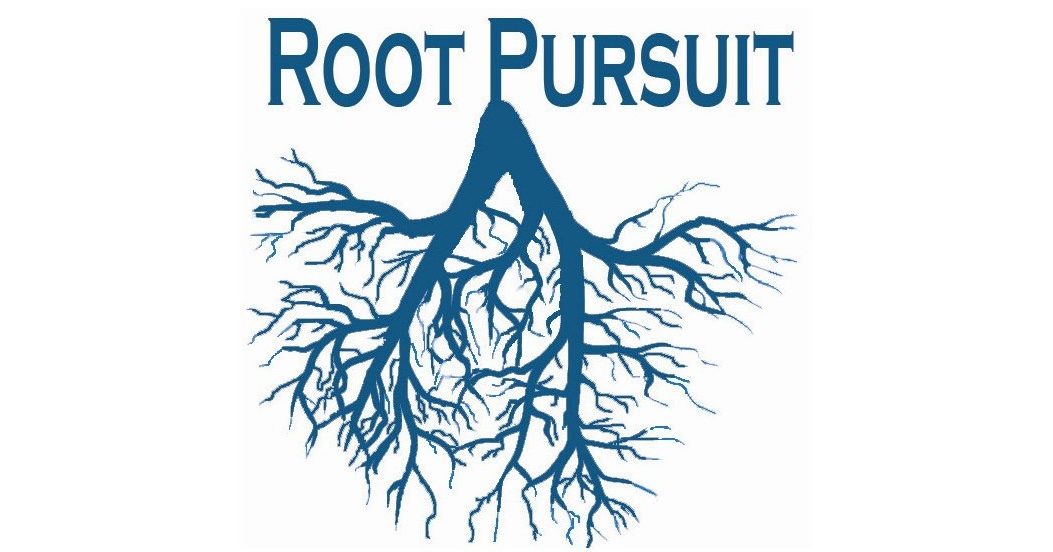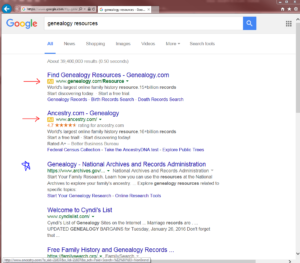Most people on the internet know how to conduct a Google search. Google is that giant search engine that searches the entire content of the internet in a few seconds. Google is powerful, but Google results can leave a person vulnerable to scams that can hurt your wallet and viruses that can damage your computer. I believe I have tips that will help newcomers and experienced internet users alike.
The first view is simple and straightforward, nothing scary here right? Right.
Tip #1 Beware of advertising links. After entering your search words into the Google box (hit enter), your results page will appear as shown below. It is best to avoid the sites/links at the top of the results page, these are advertising (paid advertising) links. These people pay Google to have their links appear at the top. These results may have nothing to do with what you are searching, so avoid selecting these. The image below I have marked with red arrows. The ‘real’ search results start below the advertising links. I have indicated this with a blue star.
Examine the information before clicking on the blue link.
Line 1: Blue text. This is the title of the web page. This should give you a general idea of what will be on the page.
Green text. This is the website and link address. Just like a house address, this is the assigned address to the web page you are visiting. Now pay attention to this because it will be the single most important piece of information you will need for searching the internet.
- http:// or https:// The https:// is a good site, as the ‘s’ stands for security. This means that this website and company have invested a significant amount of security into their website and it follows certain standards for information transfer and sharing.
.com, .gov, .org. .edu Do you know the difference? The most reliable sites have .gov, .org, and .edu at the end of their domain address. The .gov means this is an official U.S. government sanctioned website. The .org means that the website is a registered non-profit with the U.S. government, and the .edu means that the site is an official college or university in the U.S. Any other extensions, although there are some exceptions, are by individuals or companies and their reliability cannot be guaranteed. You can assume that they are trying to sell you something.
A few more tips on searching can be found at this website. It lists shortcuts, Boolean operators – symbols that can improve your search results tremendously.
Sign up to get email notifications of our most recent content. Subscribe today! (located in the left navigation bar)






